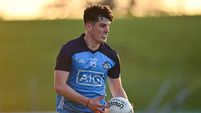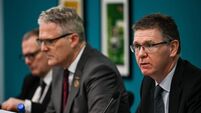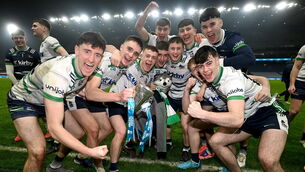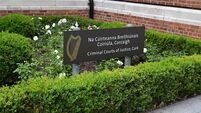Sexism in Sport: ‘Taken seriously means being fairly criticised too’ — Aoife Lane
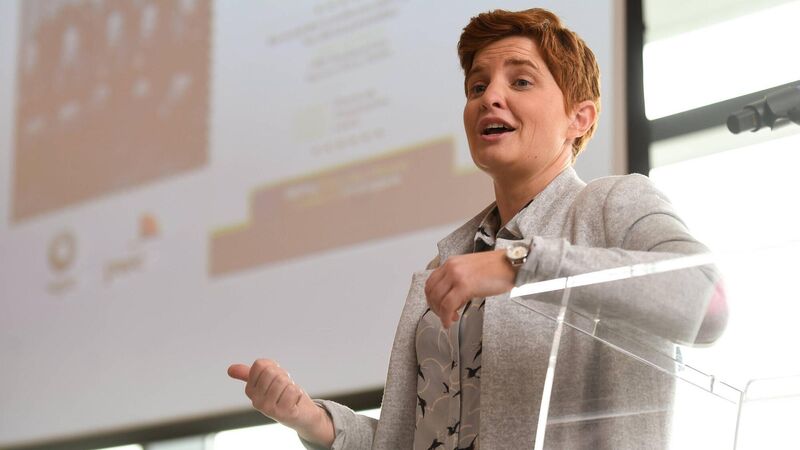
Aoife Lane, founder and former chairperson of the Women's Gaelic Players' Association and the head of the Department of Sport and Health Science at Athlone Institute of Technology, makes the point that there are differences to note in the Irish and British landscapes. Photo by David Fitzgerald/Sportsfile
Progress is rarely linear. Transatlantic flight takes longer now than it did with Concorde, Donald Trump seems bent on taking the United States back to the Dark Ages, and the price of a mortgage now for a standard three-bed semi-D would make previous generations weep.
To skim over the story of women in sport this last five years is to imagine that we are fixed on a path towards equality, what with record crowds for Camogie and Ladies Football All-Irelands in Croke Park, the entirety of the women's World Cup shown live on TV, and the advent of new competitions across a variety of sports and backed by sponsors.




